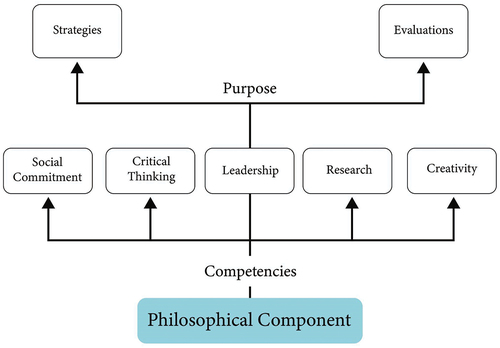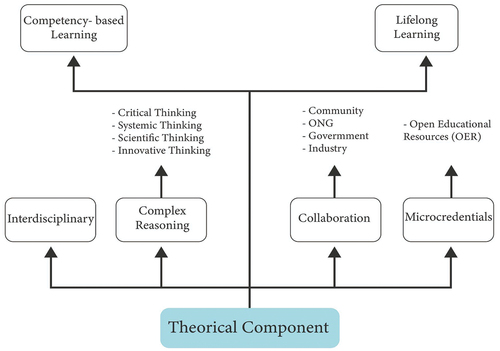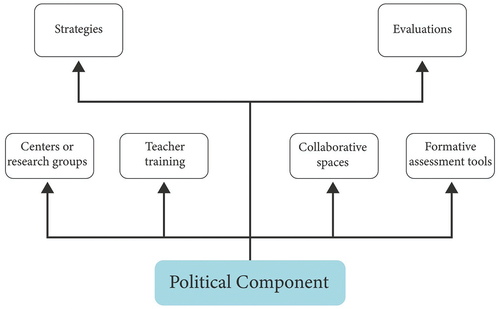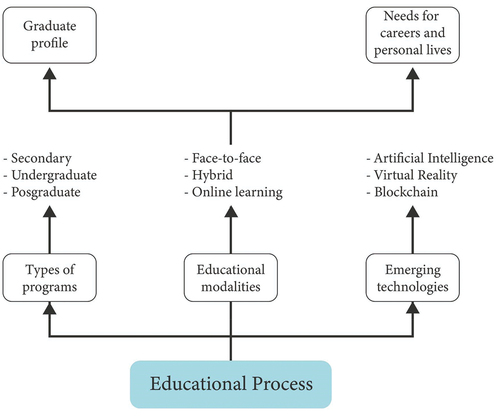Figures & data
Table 1. Components of educational models based on M. S. Ramírez-Montoya (Citation2010).
Figure 1. Methodological design based on Matarranz (Citation2019).
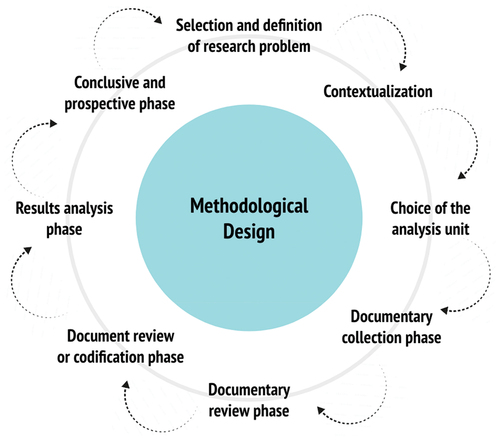
Table 2. Institutions analyzed in benchmarking.
Figure 2. Components of the educational model analyzed for benchmarking, based on M. S. Ramírez-Montoya (Citation2010).
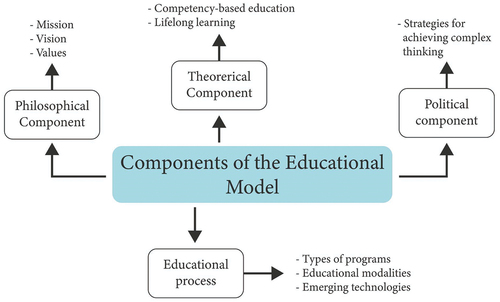
Table 3. Components of the educational model for developing complex thinking competencies.
Data availability statement
The data that support the findings of this study are publicly available for evaluators at: https://figshare.com/articles/dataset/Data_base_OEM4C_project_2023_xlsx/22492894.

